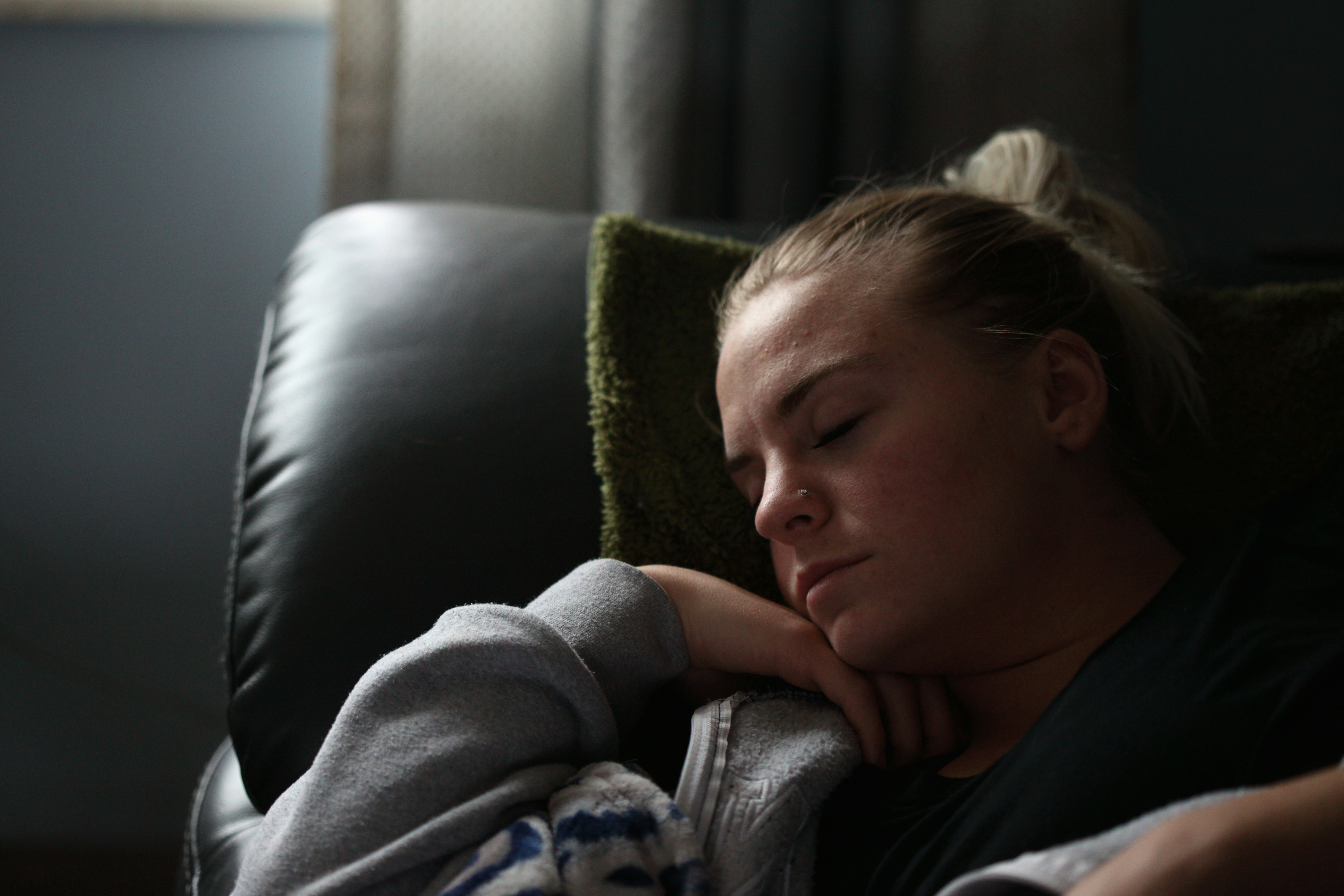Dream of kangaroo
by DreamofWhat

Dreaming about kangaroo is often seen as a powerful symbol with deep meanings. In this article, we will explore the various interpretations of dreams involving kangaroo, from cultural beliefs to modern psychological analysis.
Dreams about kangaroo can reveal insights into your subconscious, shedding light on your emotions, desires, and concerns. Understanding these dreams can provide valuable guidance in your waking life.
Read on to learn more about the symbolism of dreaming about kangaroo and how it may relate to your current situation.
Dream of kangaroos
Dreaming of a kangaroo means that your opponent at work may deliberately embarrass you in front of the public, but you will defeat your experienced opponent with wisdom.
Dream of kangaroo leather and you will succeed in the right way.
If the kangaroo is jumping in the dream and there is a baby kangaroo in the bag, it is worth looking forward to that you will have an unexpected harvest.
Dreaming of a jumping kangaroo means that someone will expose your shortcomings in front of the public or in front of the person you want to please.
Dreaming of kangaroos attacking you means you will be discredited.
The dream of killing a kangaroo means that no matter how insidious the enemy is and what obstacles there are in the future, you can overcome them.
Finding the hiding place of the kangaroo in your dream shows that you can succeed fair and square.
Dreaming of a big kangaroo bodes well for a pleasant journey.
Dream of a big kangaroo, shows that he is a very active person, and has charisma, in his heart is very eager for that kind of unfettered life.
Dreaming of a jumping kangaroo indicates that he will have an unexpected and pleasant trip.
Psychological Dream interpretation
Dream interpretation: animals represent the part of character that can only be understood intuitively in dreams. An animal with a cub is a symbol of motherhood and mother. Cubs show that you care about the innocent part of yourself or the children around you. Injured cubs indicate that you may notice difficulties in maturing or accepting life. Dreaming that animals are eaten may symbolize the "demons" you have created, and only when you "devour" them can you conquer them. An immortal, talkative, intimidating, or intelligent animal that symbolizes that the animal does not know the power of its own creation. They do not resist this power, because their wisdom is pure and simple. It is important to notice the forgiving and patient character of animals in fairy tales and dreams, because you have to connect with this aspect of your personality. Helpful animals symbolize how the subconscious creates pictures of helping people deep inside. These animal images make you happy to accept help. Taming a wild animal or training it to be a useful animal shows your instinct to restrain and make good use of it. If you dream of looking for a place to hide from wild animals, you have an instinctive struggle with dangerous and harmful animals in your life. You must think about the appropriateness of your behavior.
Psychoanalysis: if you notice your psychological needs, there will be animals in your dreams that symbolize those needs.
Spiritual symbol: the kangaroo, a very exotic animal, often represents motherhood as well as strength.
case study of dreaming of kangaroos
My friend, who has just returned from Australia, let me see the photos she took in Australia. The lively and lovely kangaroo is very popular. In my dream, I seemed to have gone to Australia, and I was very happy to see those big kangaroos jumping around. (female, 24 years old)
Dream interpretation: dreaming of a bouncing kangaroo indicates a pleasant journey. Dreaming of a big kangaroo shows that you are a very active person and have charisma, longing for that kind of unfettered life in your heart. Dreaming of a jumping kangaroo means you will have an unexpected and enjoyable trip.
Note: This article includes elements of superstition and is for entertainment purposes only. For any concerns regarding your dreams or mental health, it's recommended to consult a psychologist or medical professional.